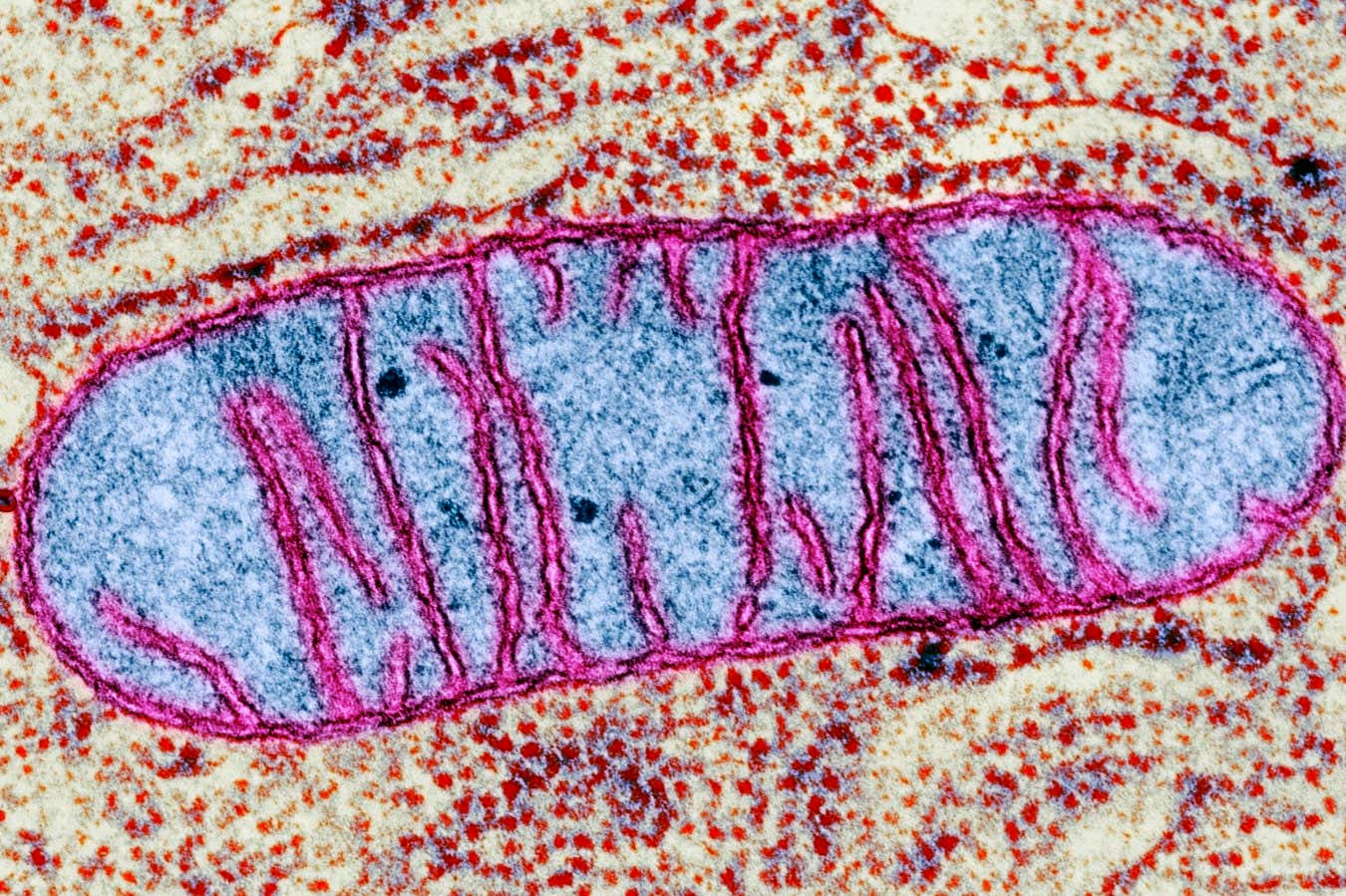Textbooks say that mitochondria exist to supply cells with energy, but experiments in fruit flies suggest they are also involved in sleep
By Christa Lesté-Lasserre
24 July 2025
Mitochondria may have a function beyond providing energy
CNRI/SCIENCE PHOTO LIBRARY
The components of cells that provide them with energy may play an unexpected role in sleep. A study in fruit flies suggests that mitochondria in the brain help trigger sleep when they sense that the insects have been awake for too long – and the same mechanism may exist in people.
Researchers already have some understanding of how the brain reacts to sleep deprivation. These include changes to neuronal firing, the structural shapes inside cells and how genes are expressed. They have also identified specific neurons in the brain that switch on when sleep begins, but are less sure what tells those neurons to fire.
Read more
Restoring the brain’s mitochondria could slow ageing and end dementia
“Sleep is one of the really big biological enigmas,” says Gero Miesenböck at the University of Oxford. To better understand it, he and his colleagues used sequencing and fluorescent markers to study the genes expressed by sleep-centre neurons in about 1000 female fruit flies , which sleep for 13 to 16 hours over the course of a day, usually at night.
The team let roughly half the flies get a full night’s sleep, while others were kept awake, either by gently shaking the tubes they were in or by genetically engineering them so that their wake-promoting neurons were switched on by a rise in temperature.
Among the sleep-deprived flies, the researchers found that sleep-inducing neurons ramped up the activity of genes involved in running and maintaining their mitochondria. These mitochondria also showed signs of being under stress, such as breaking into smaller pieces, clearing out damaged parts and forming contact points with nearby structures that help with repairs.
